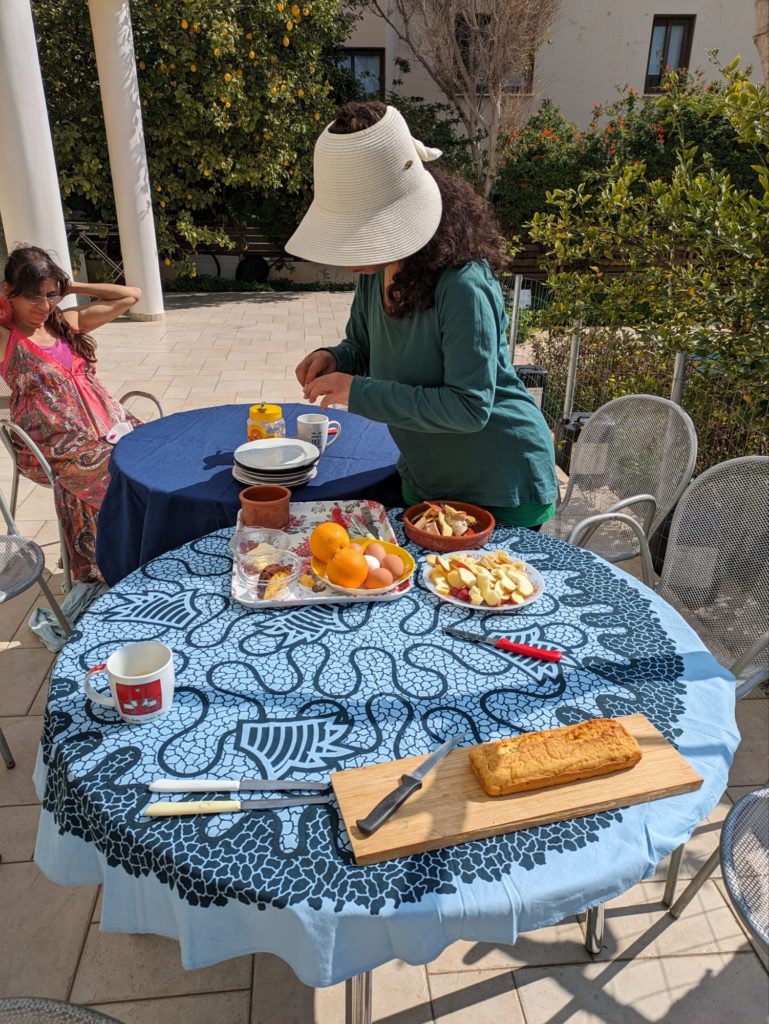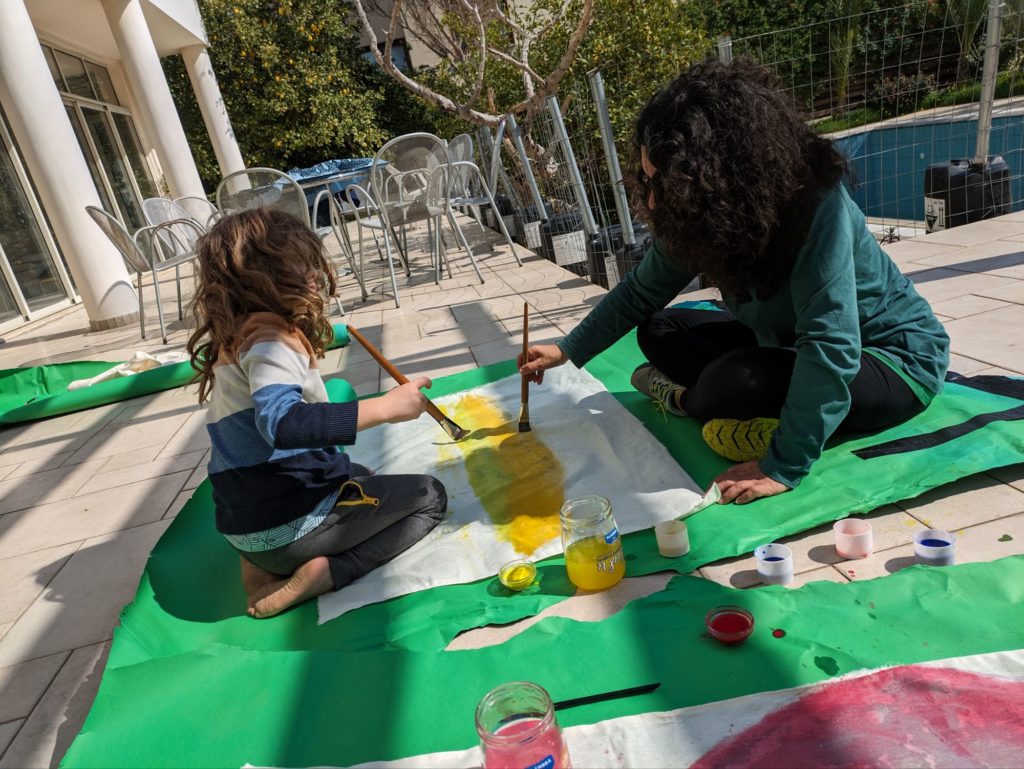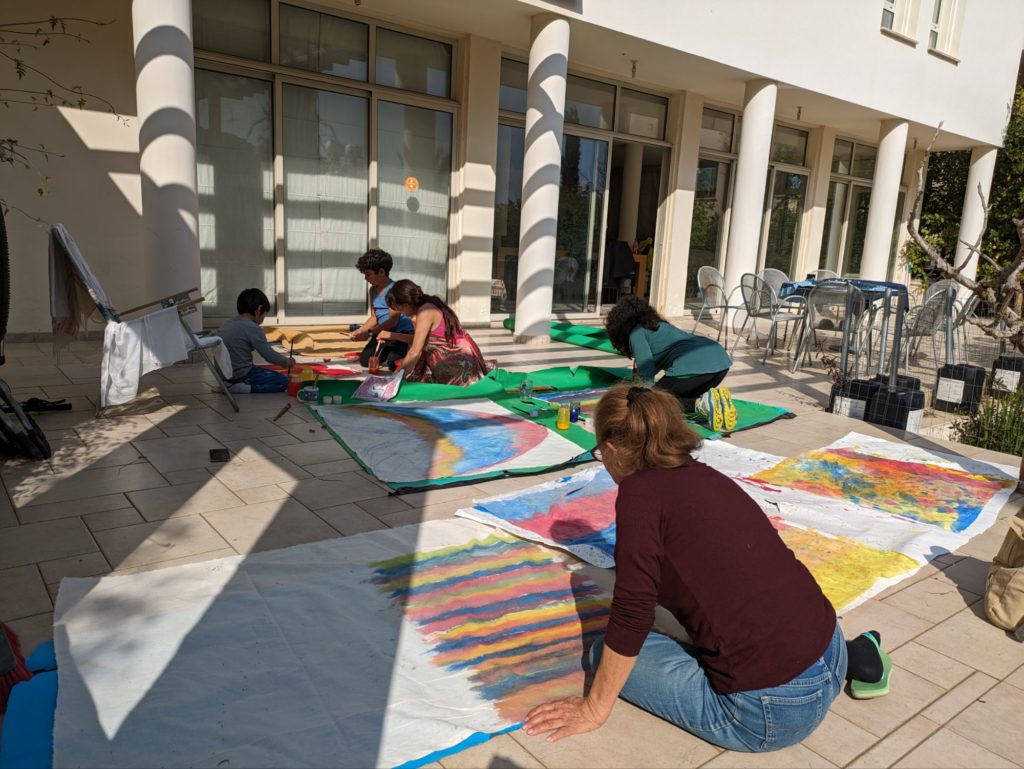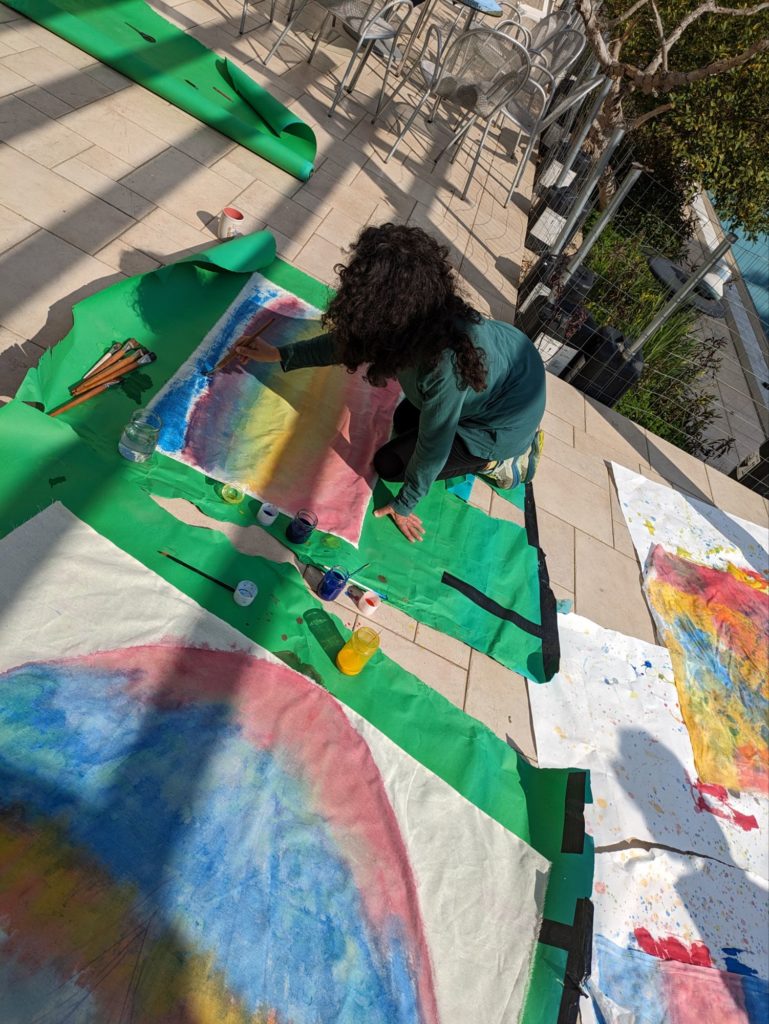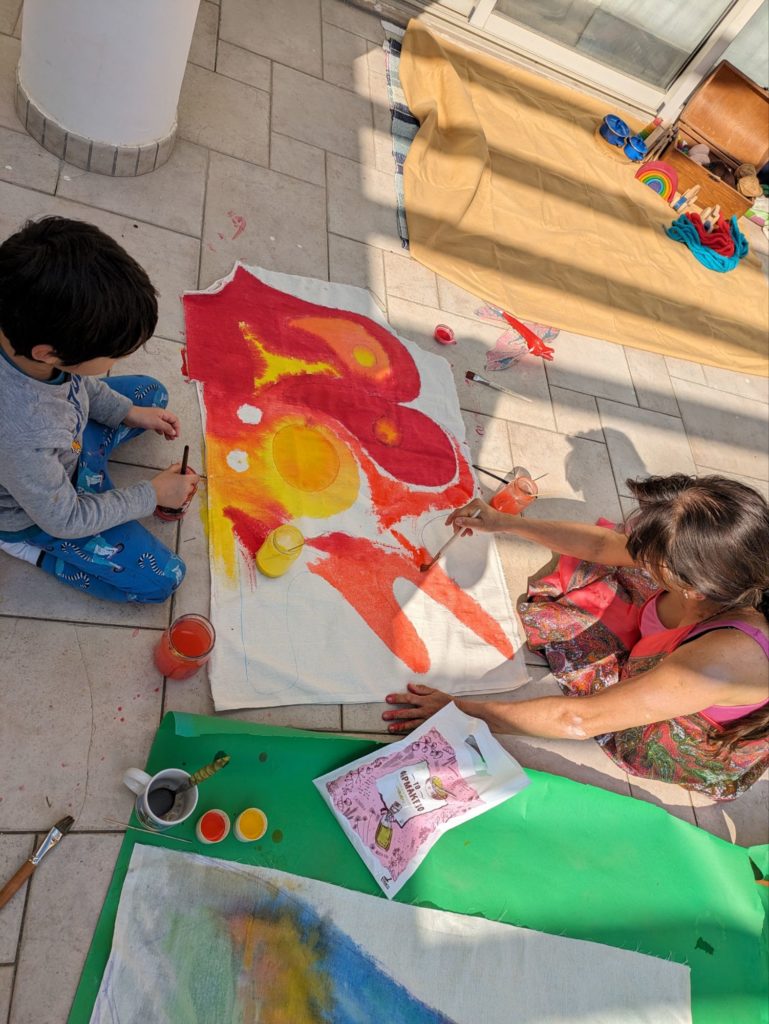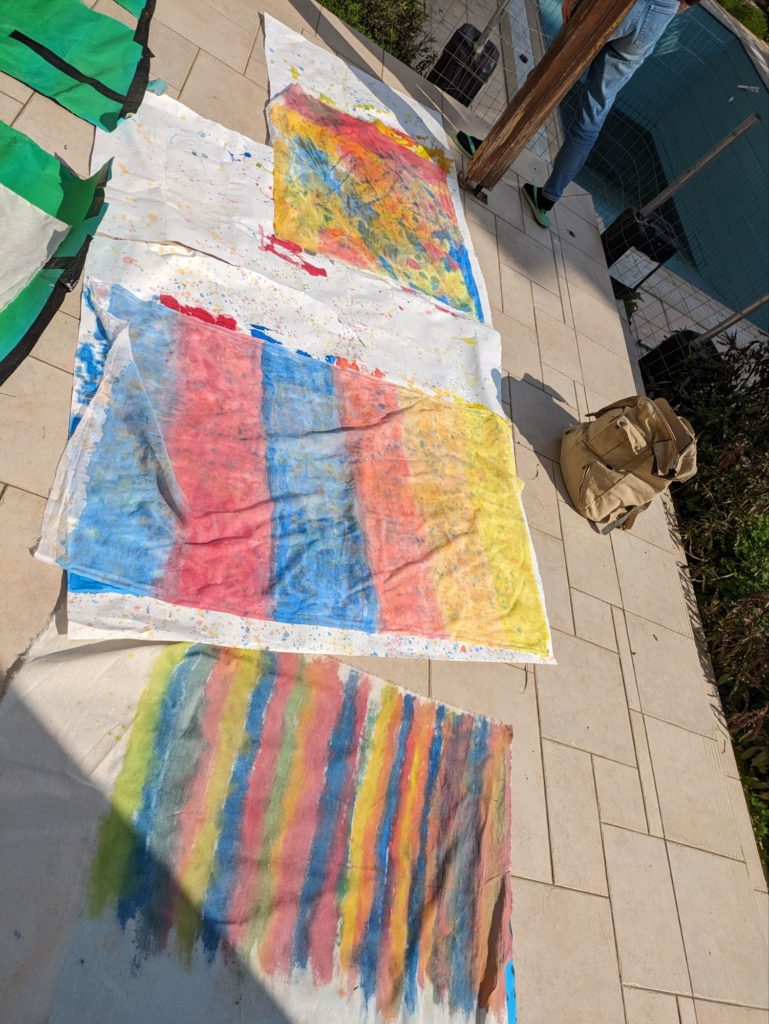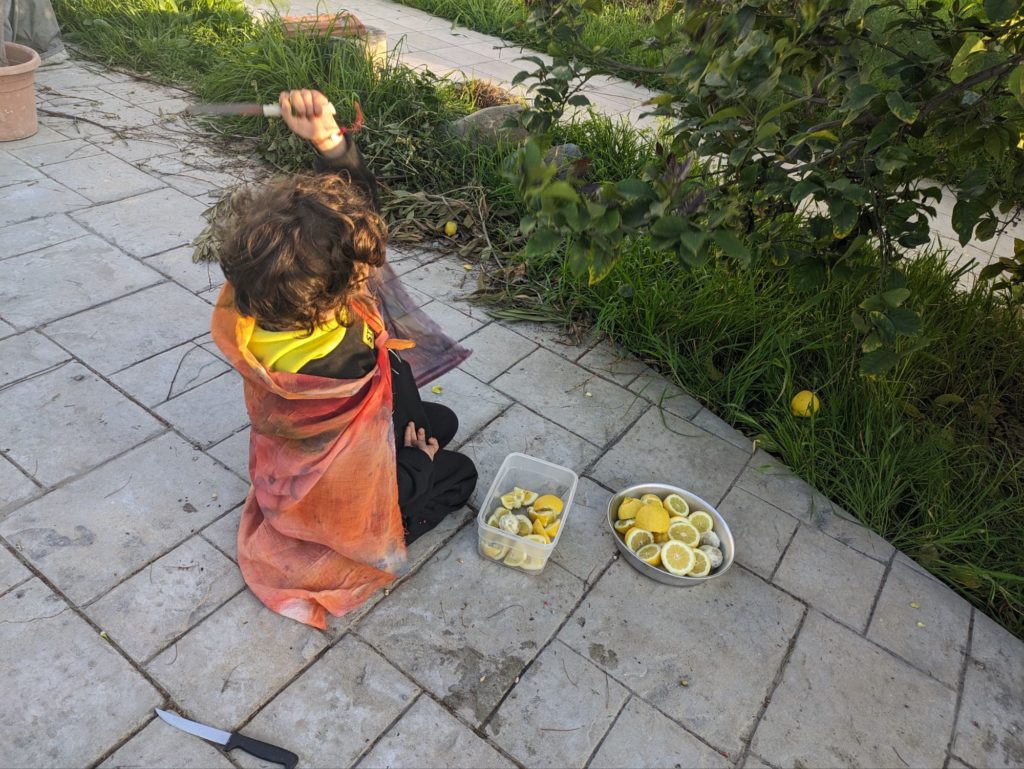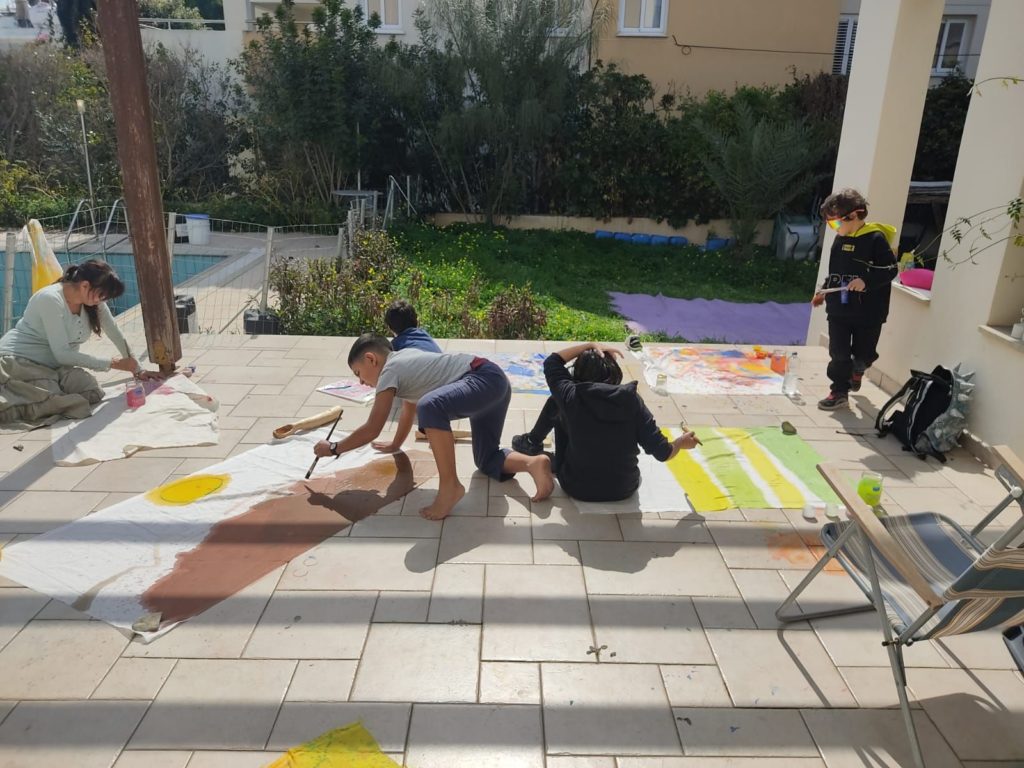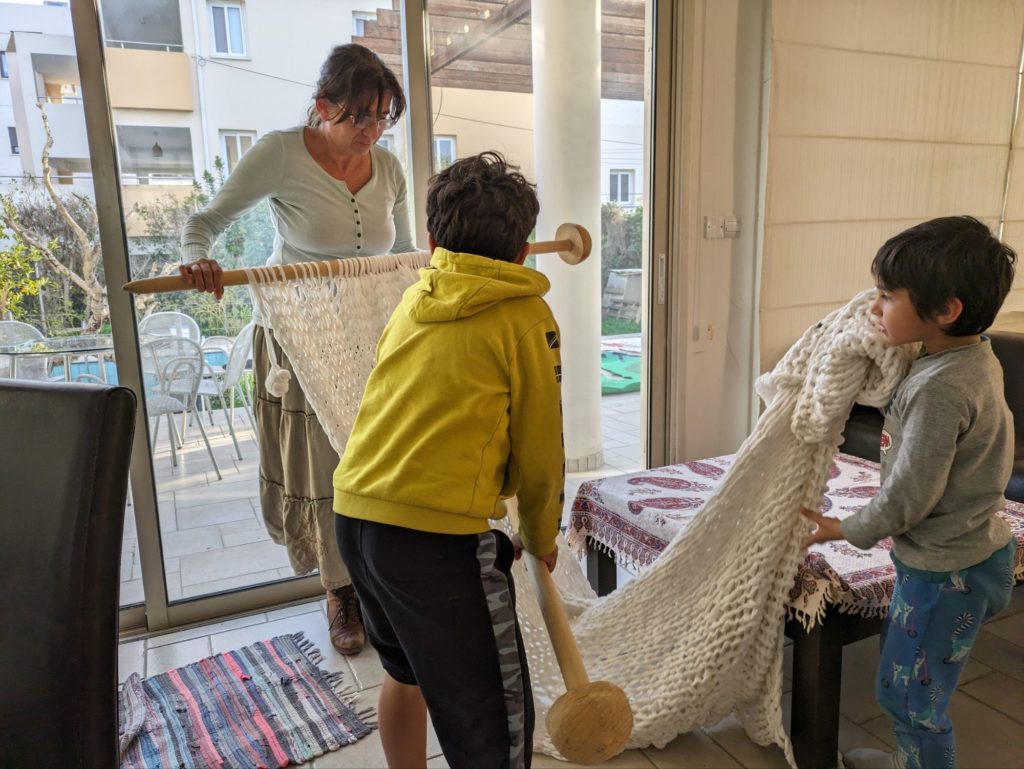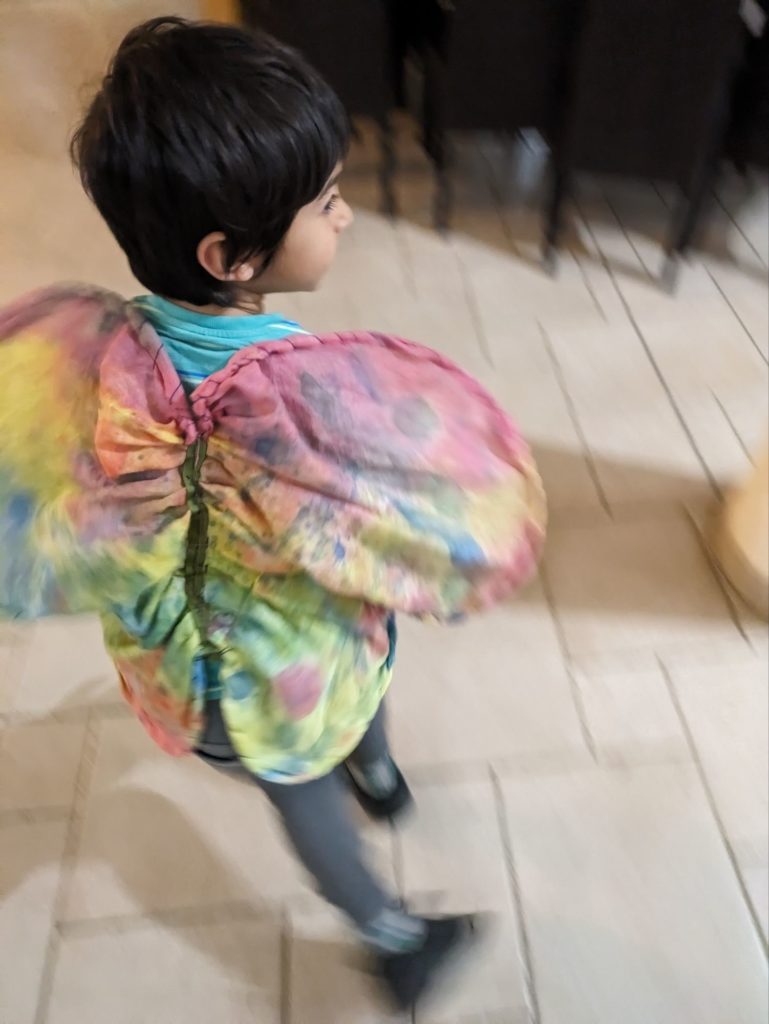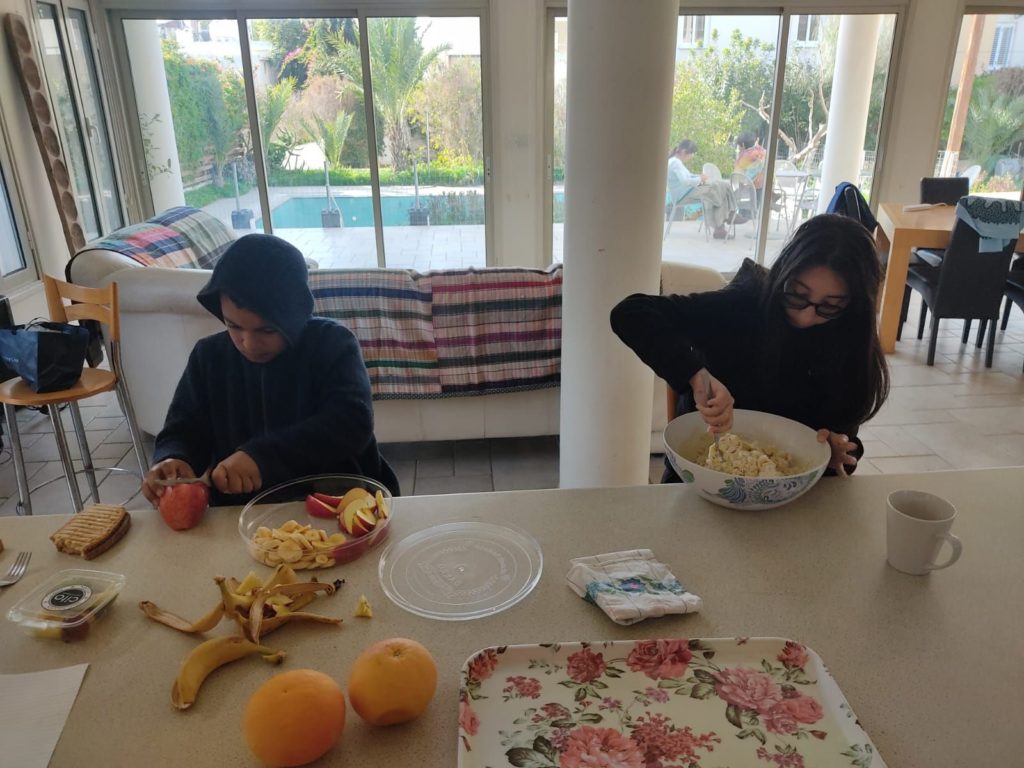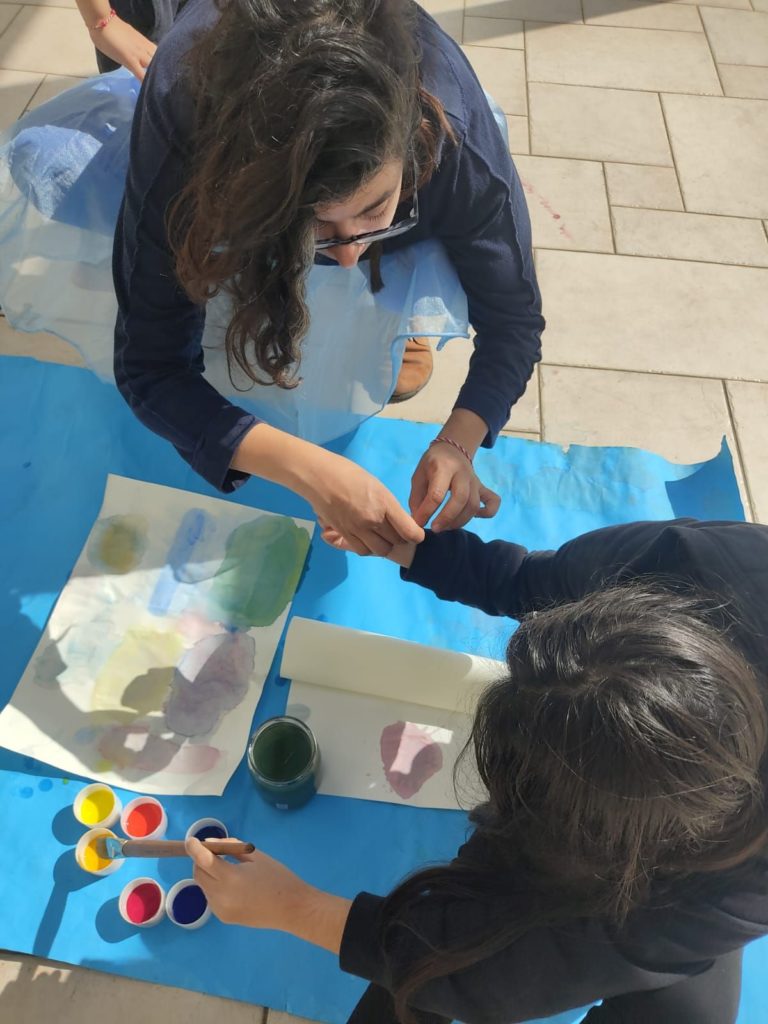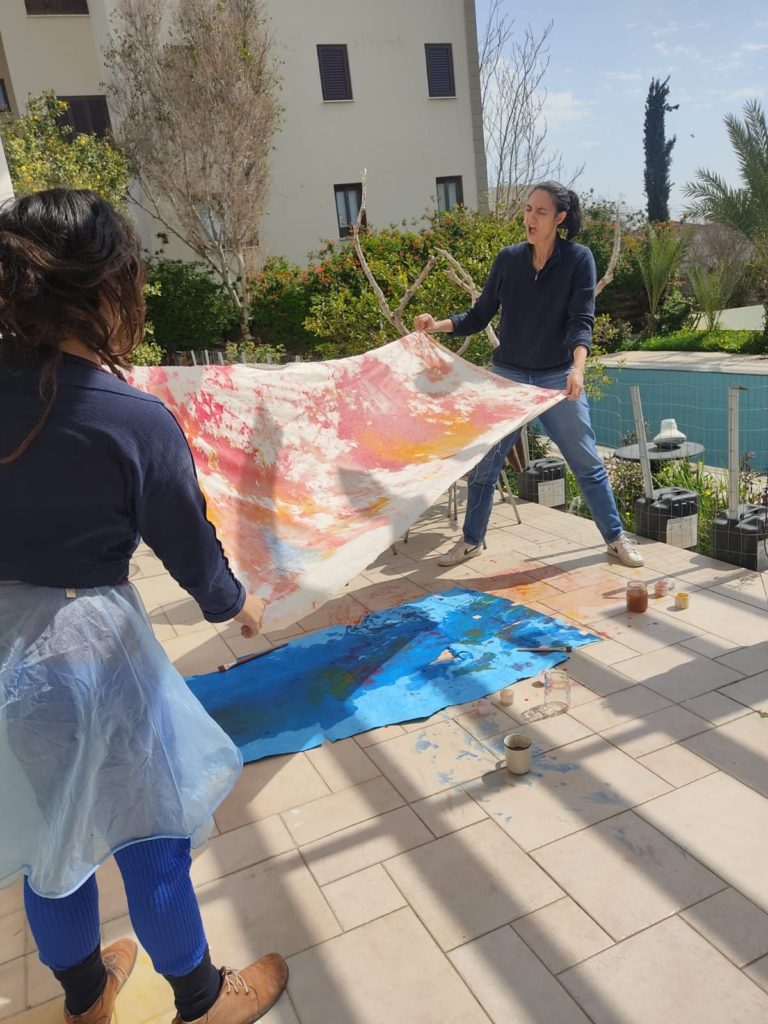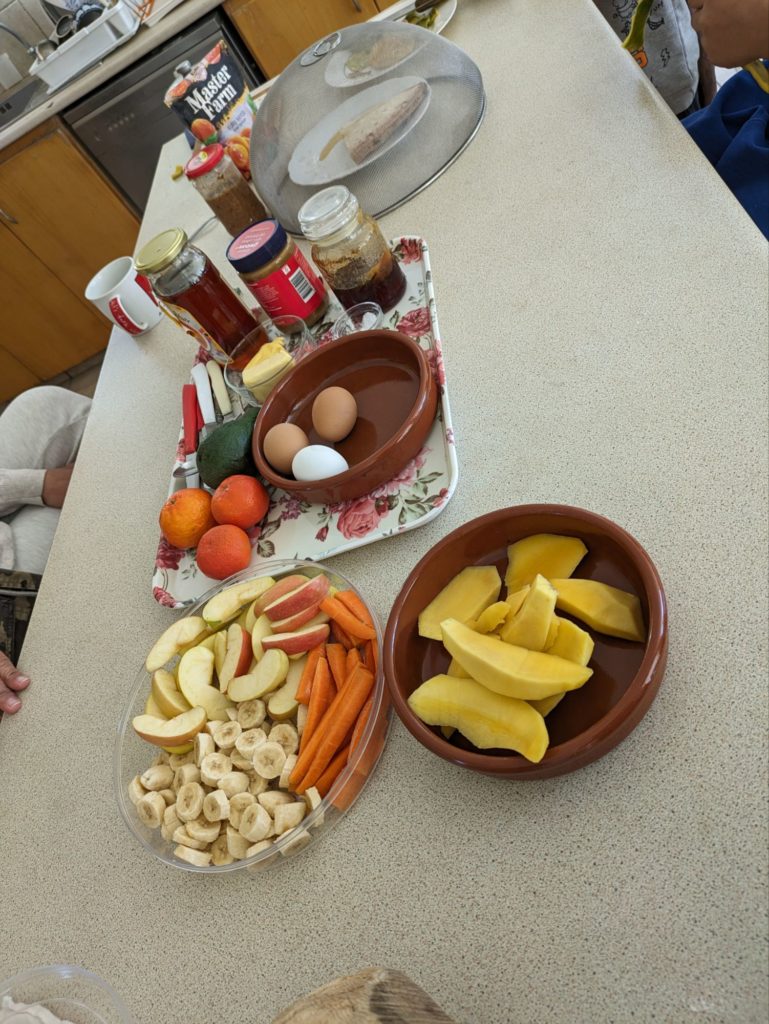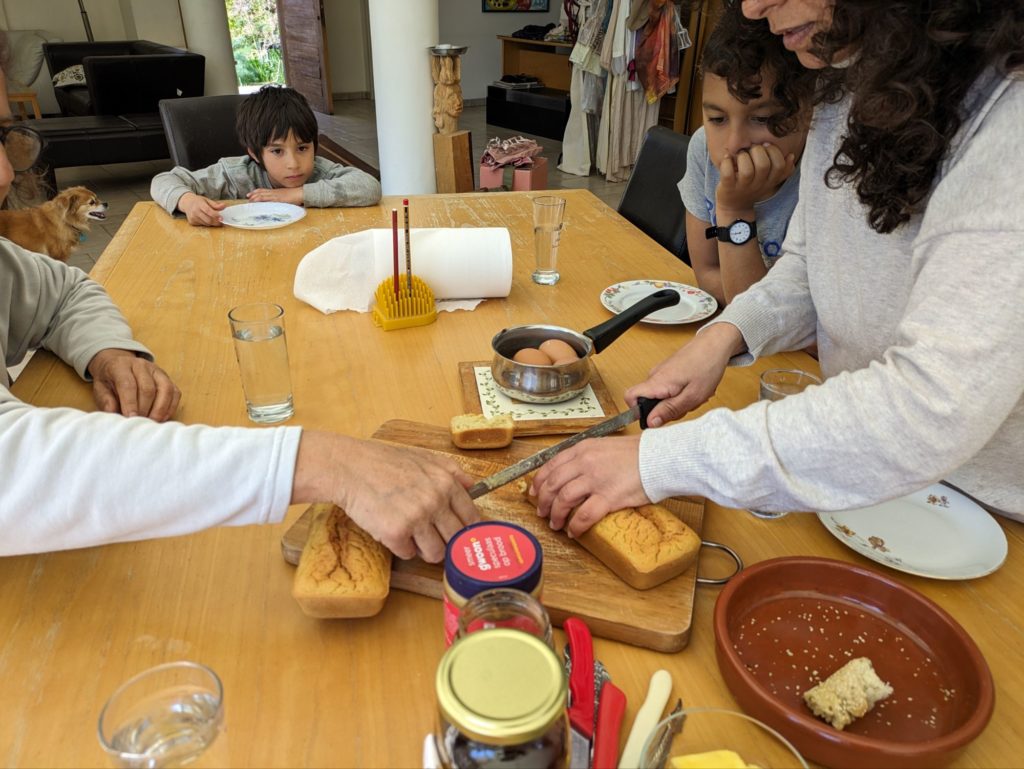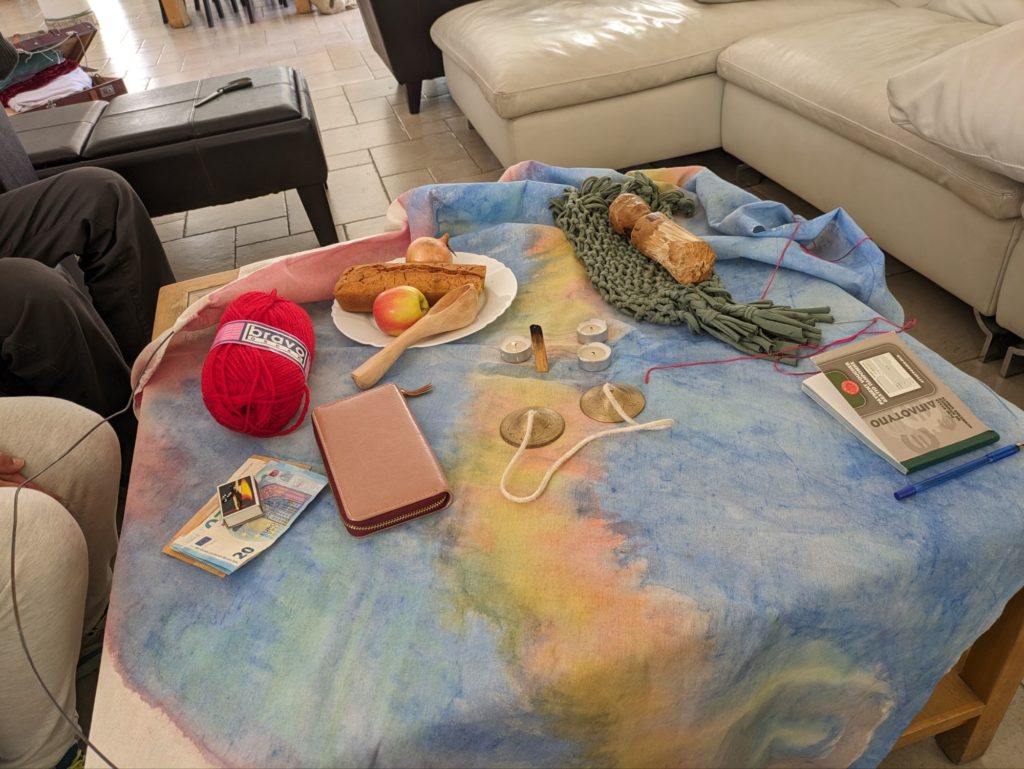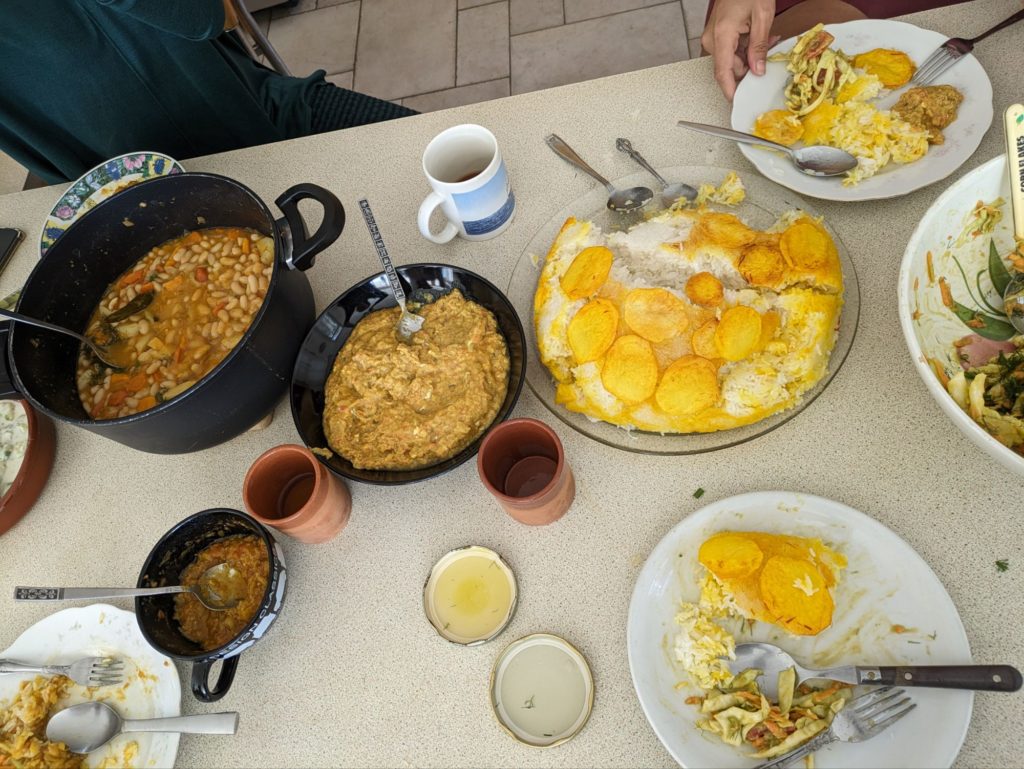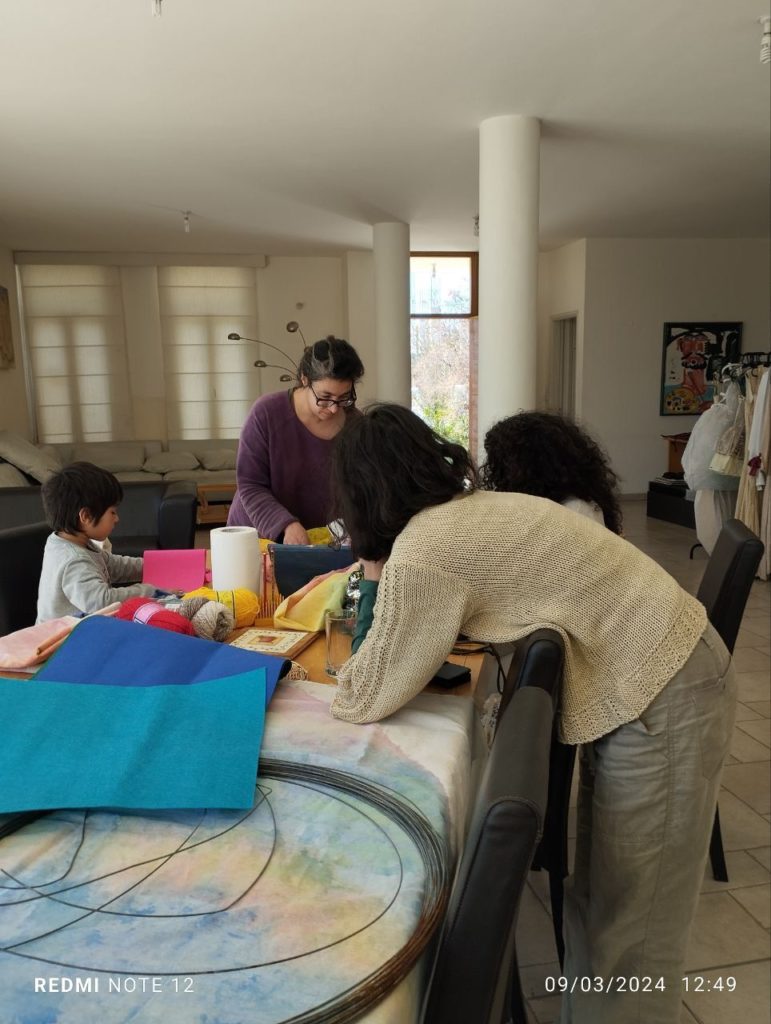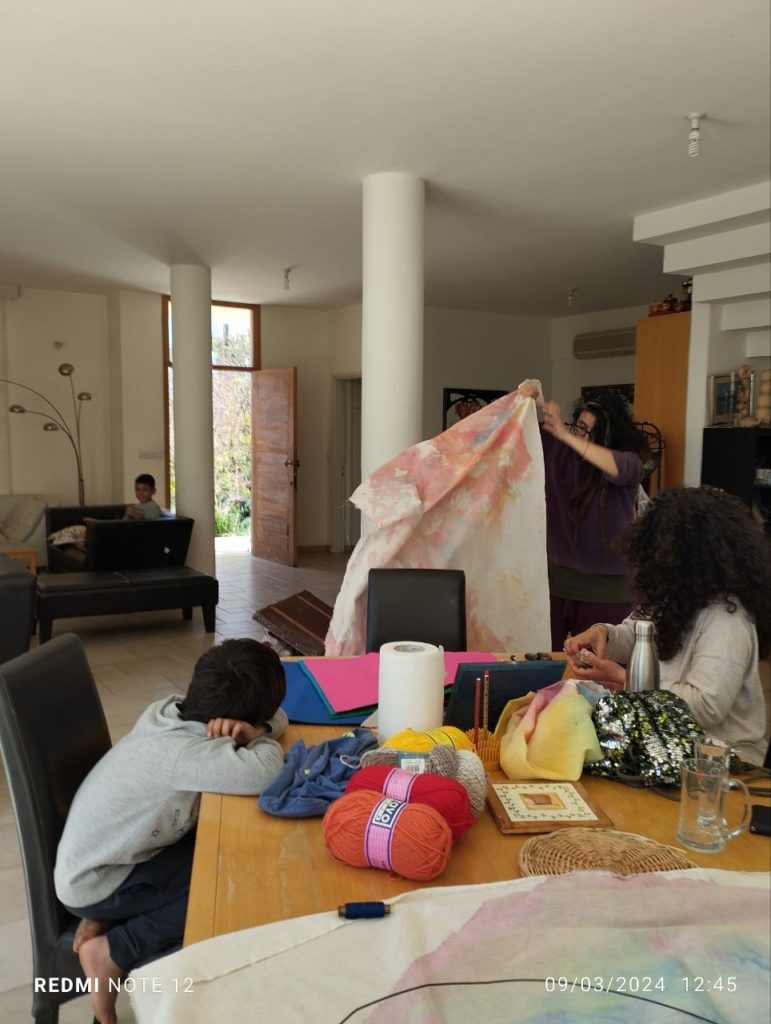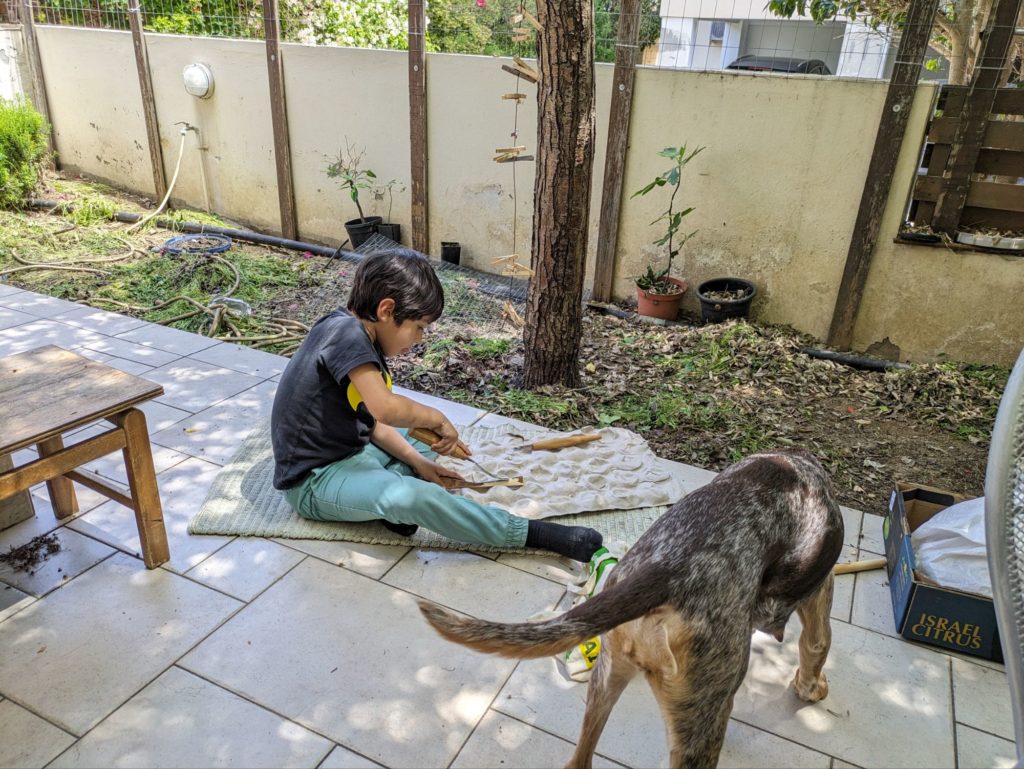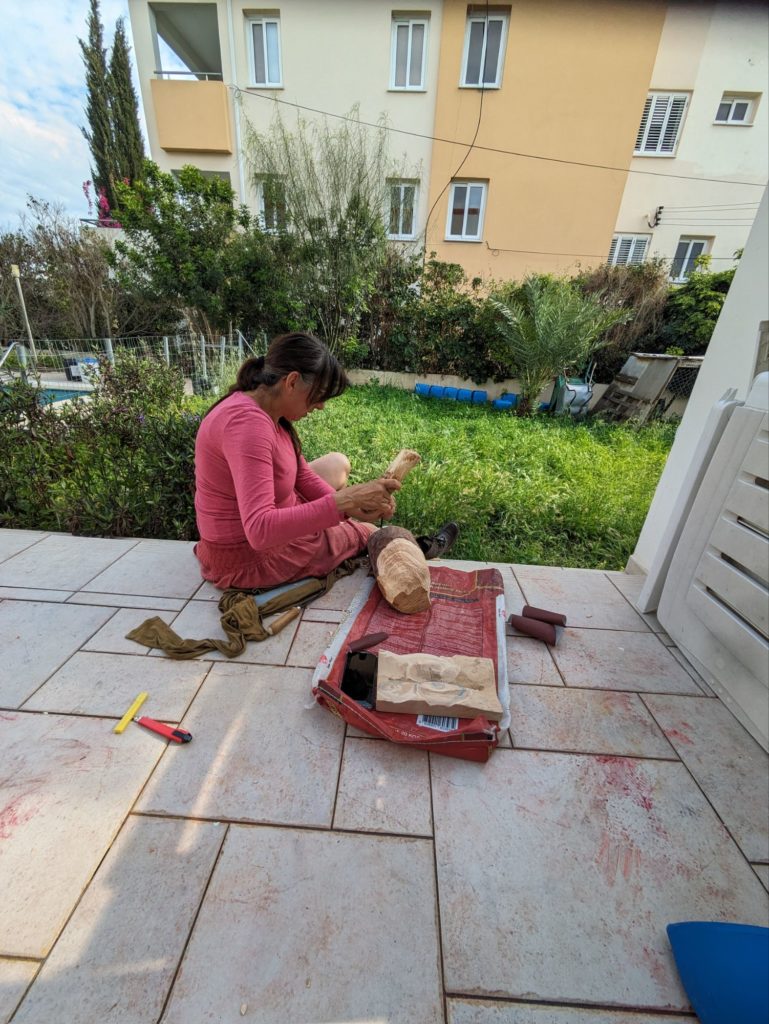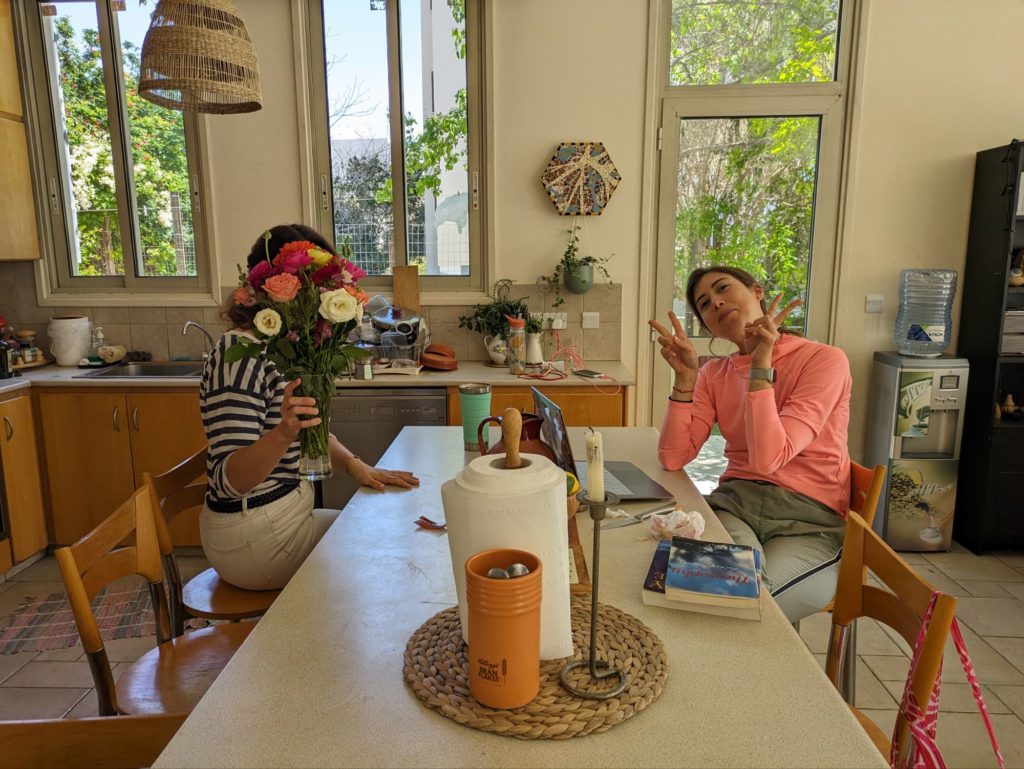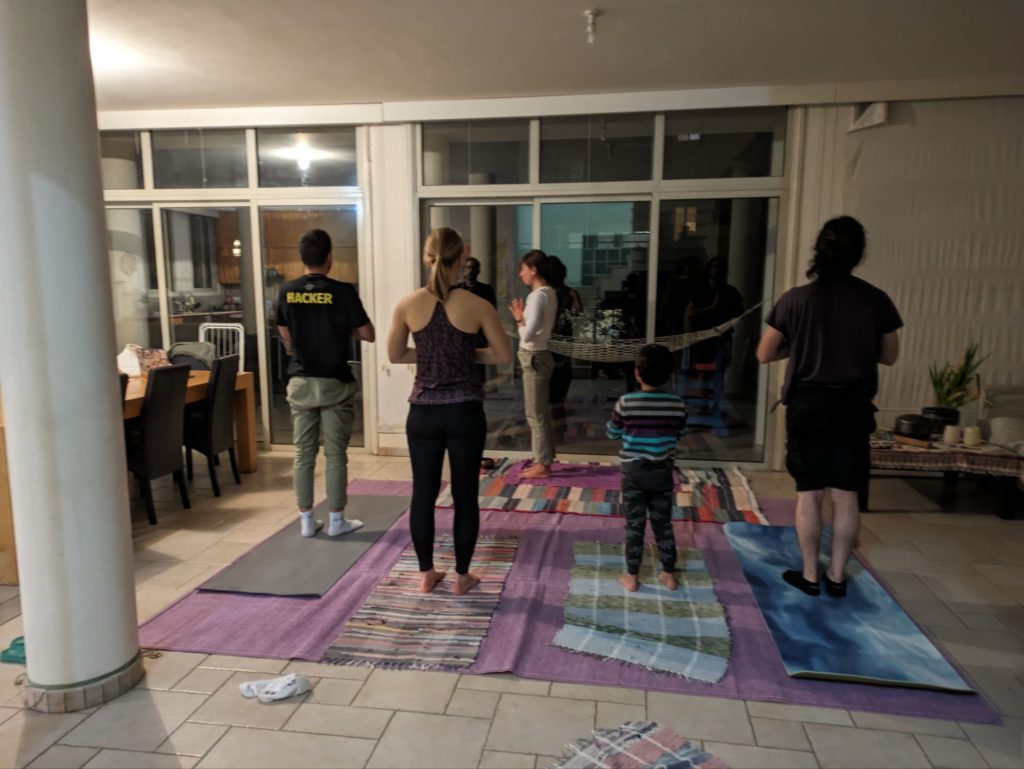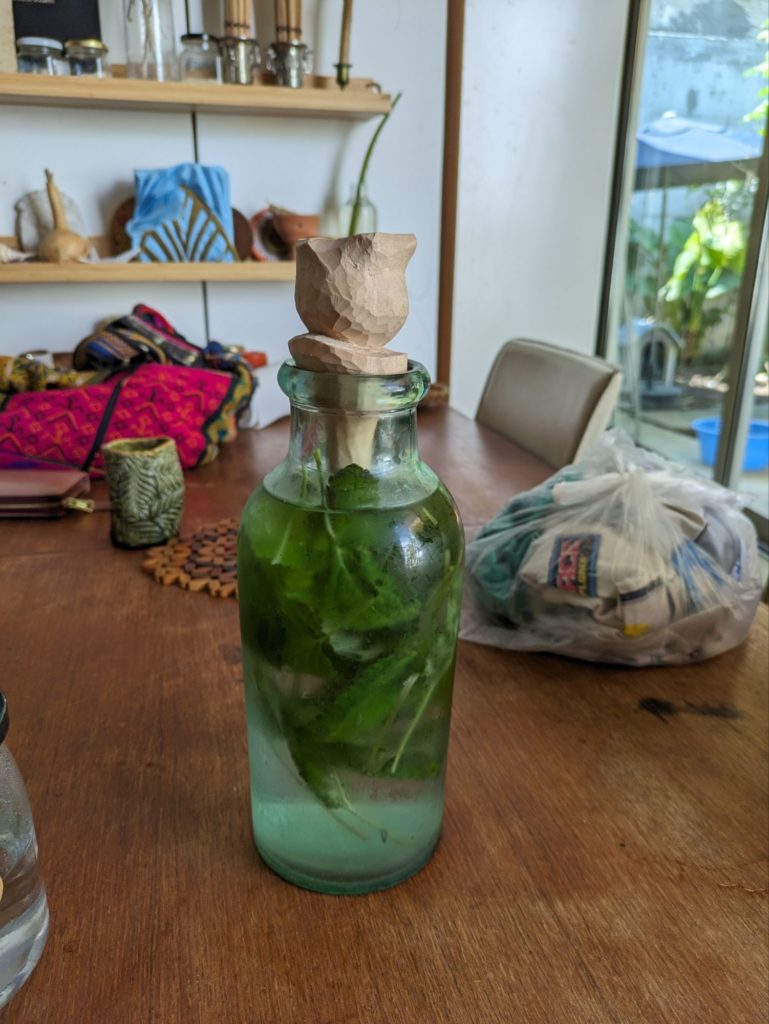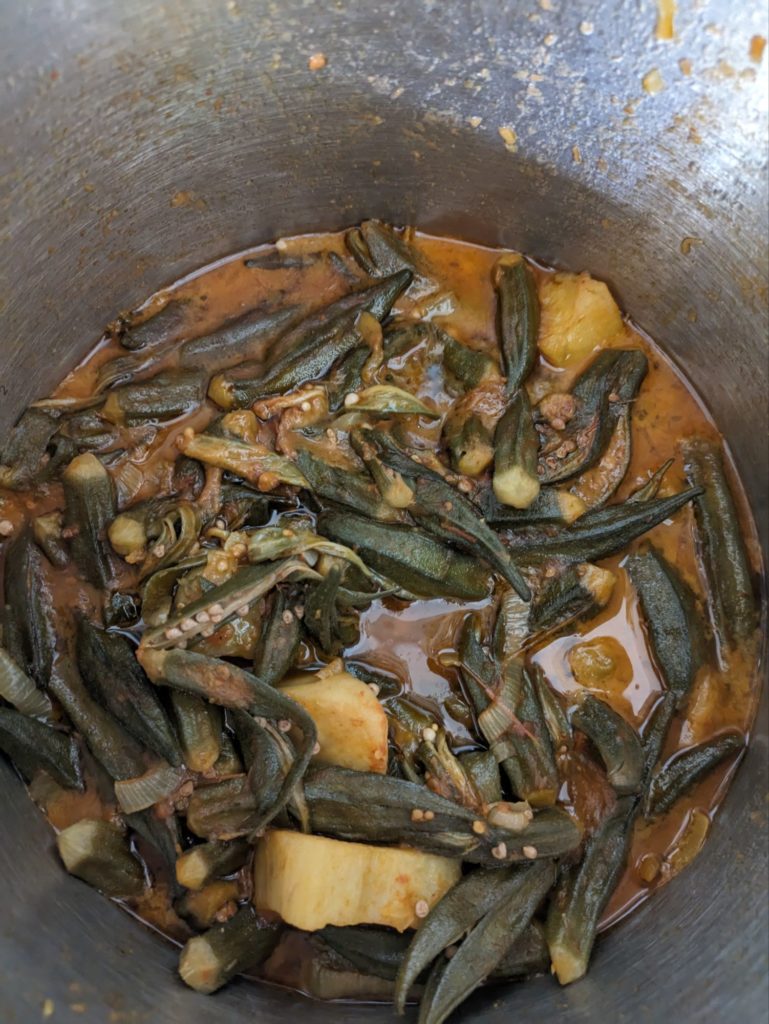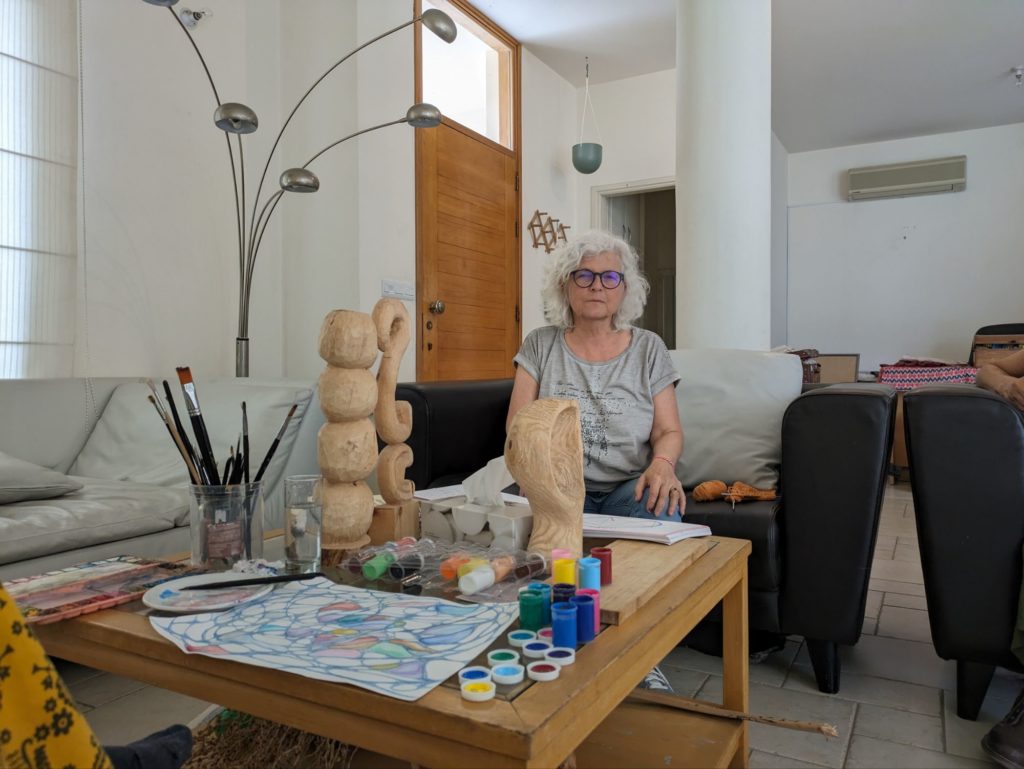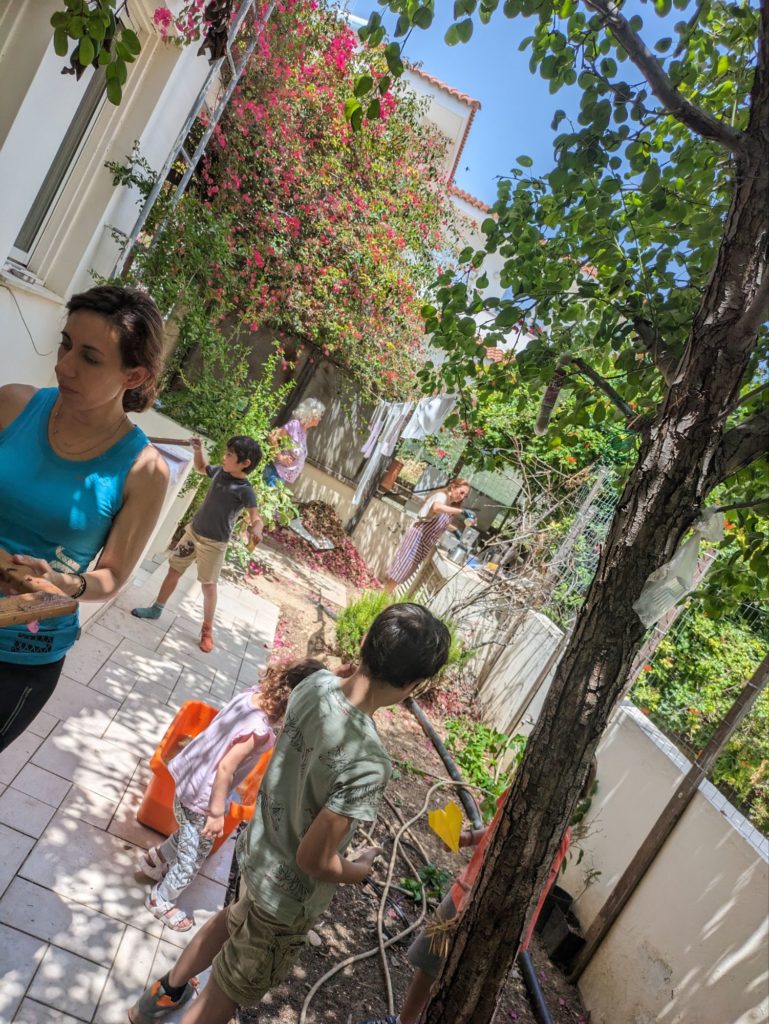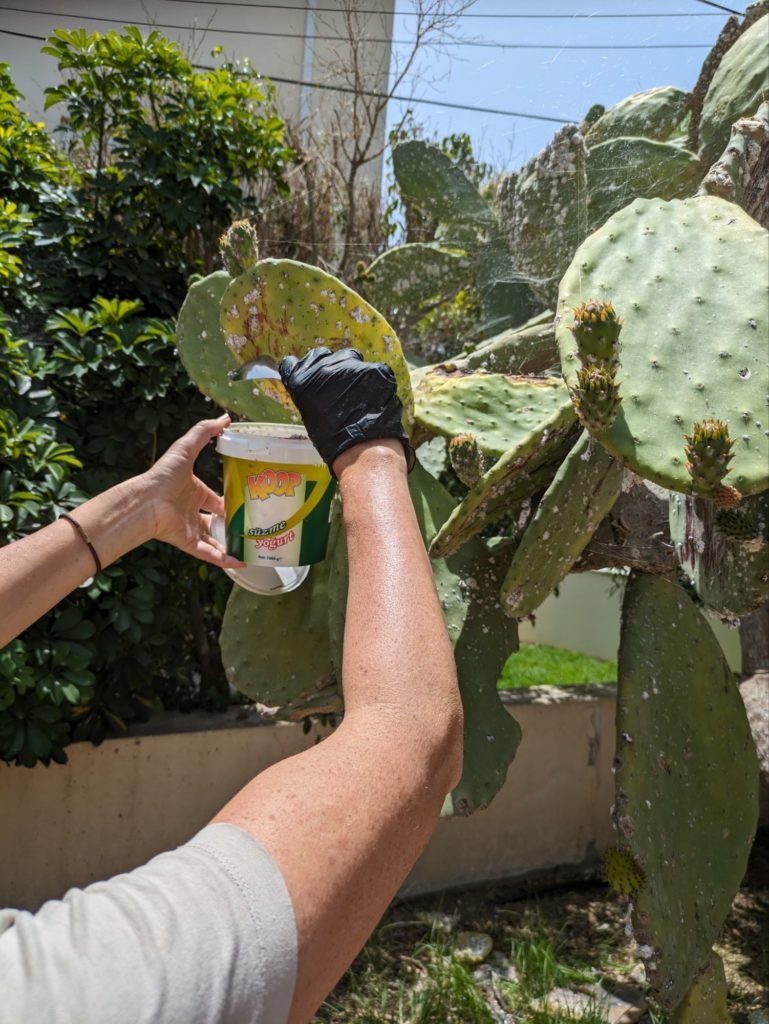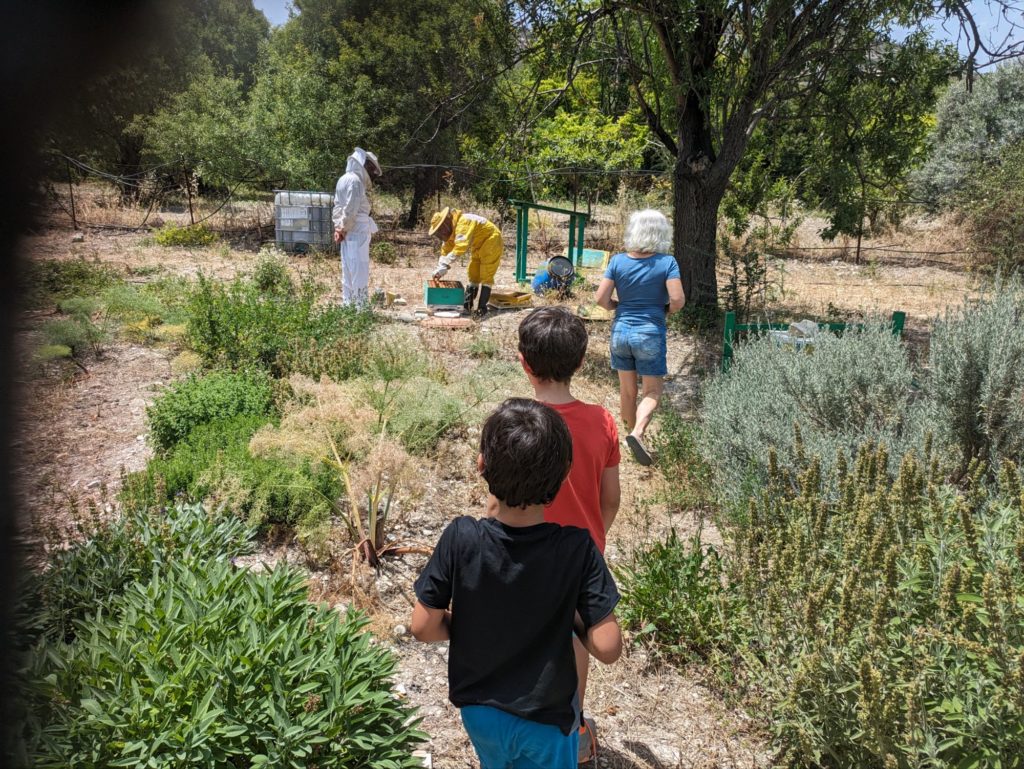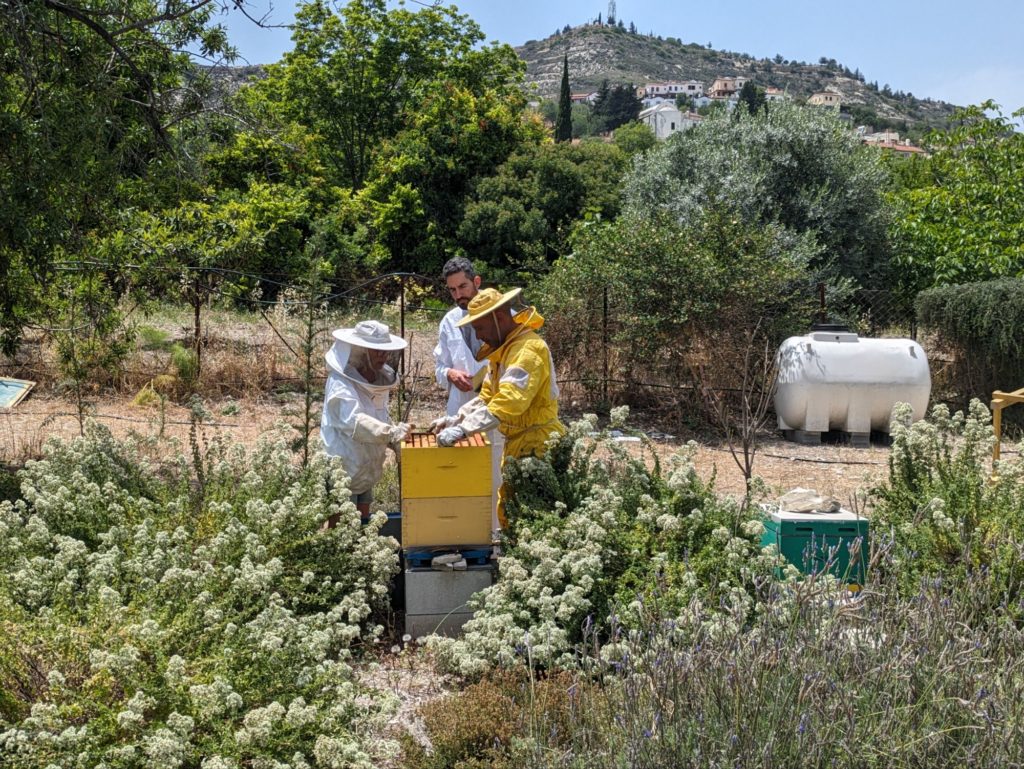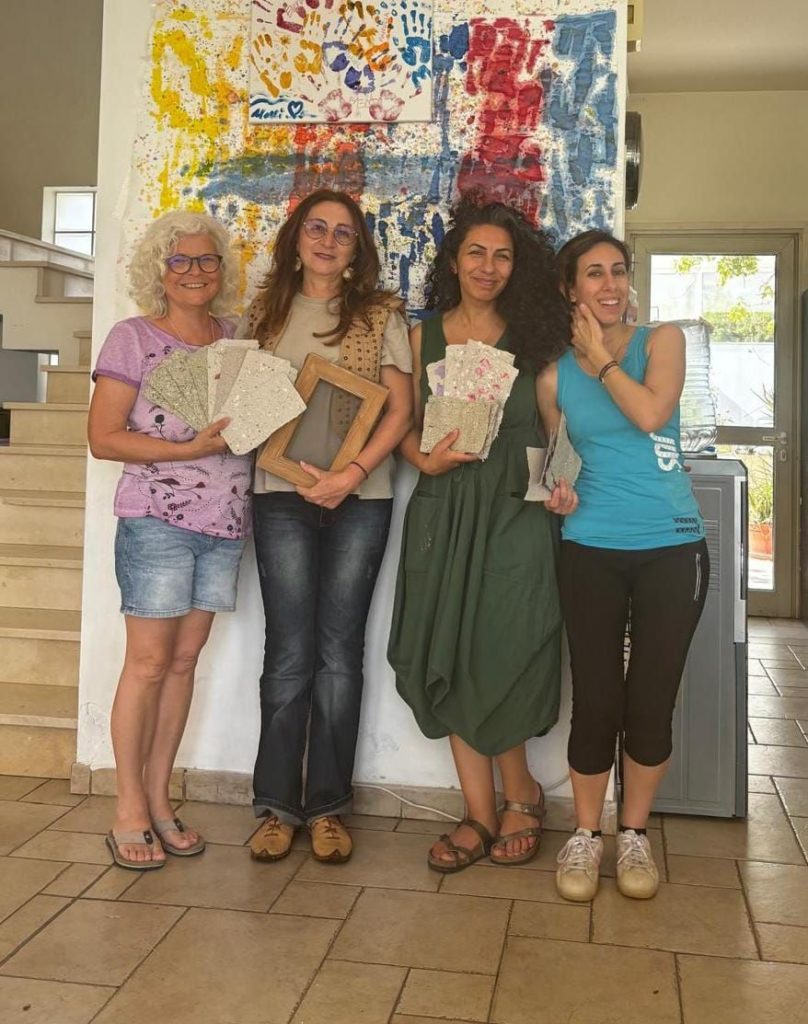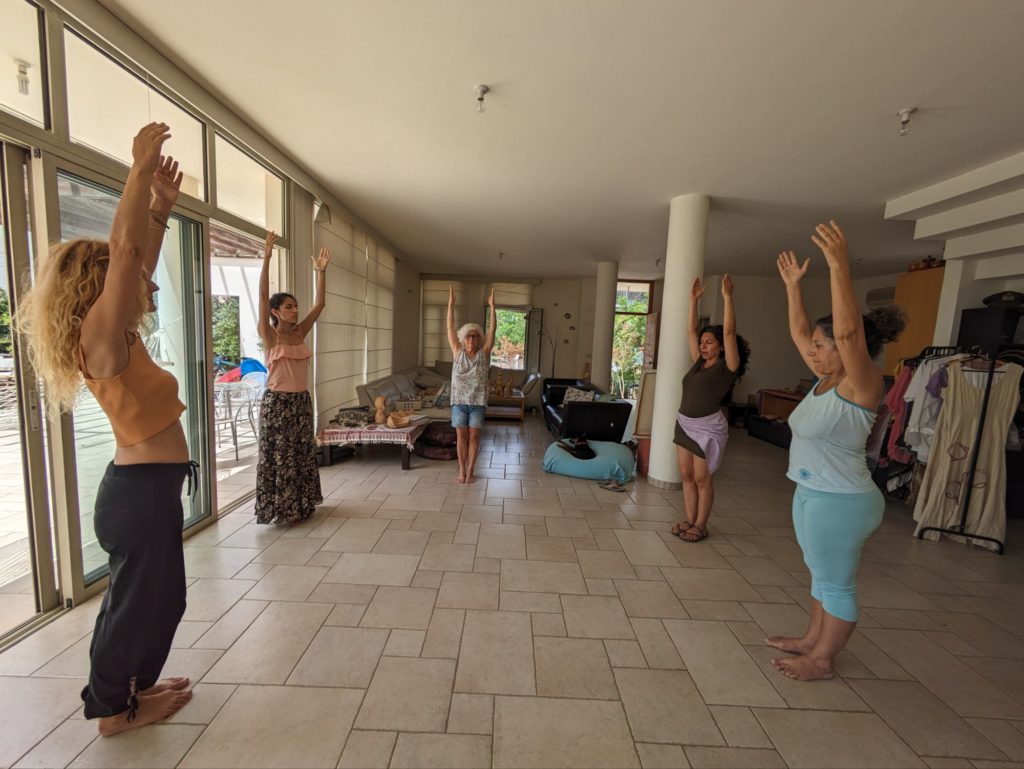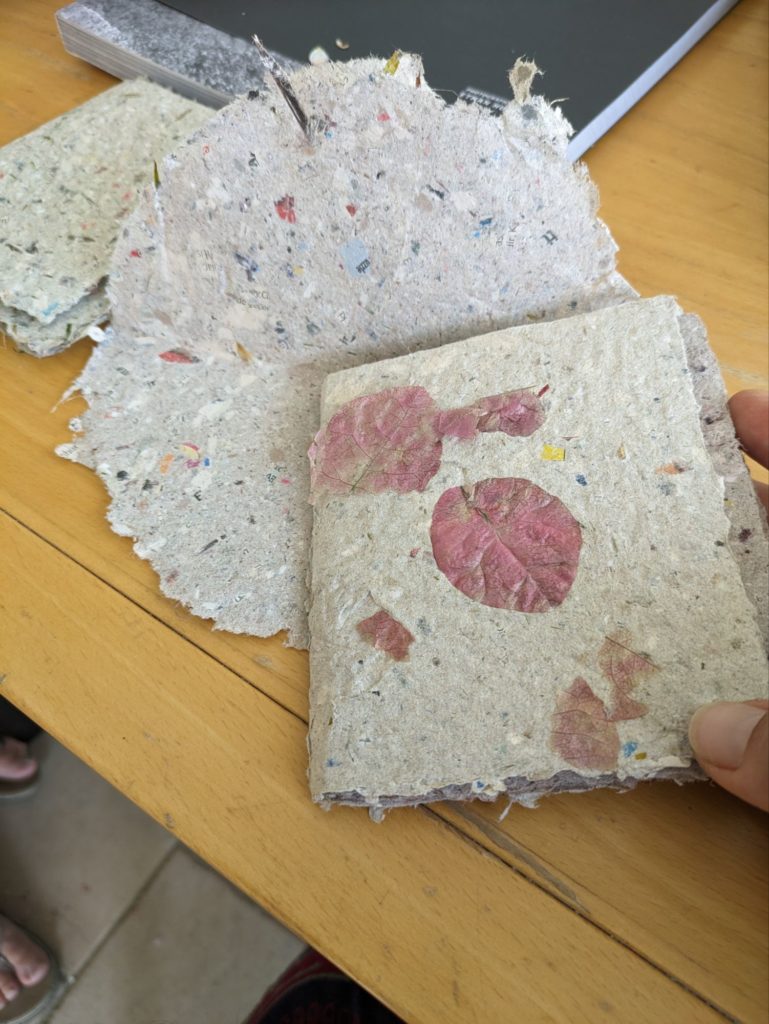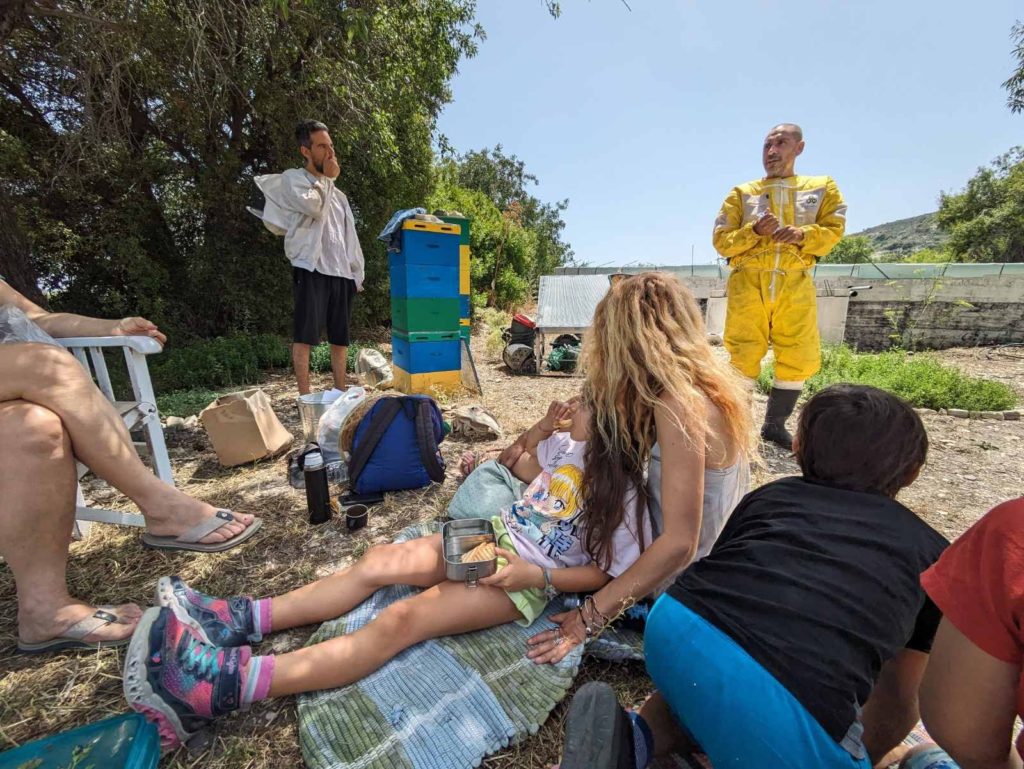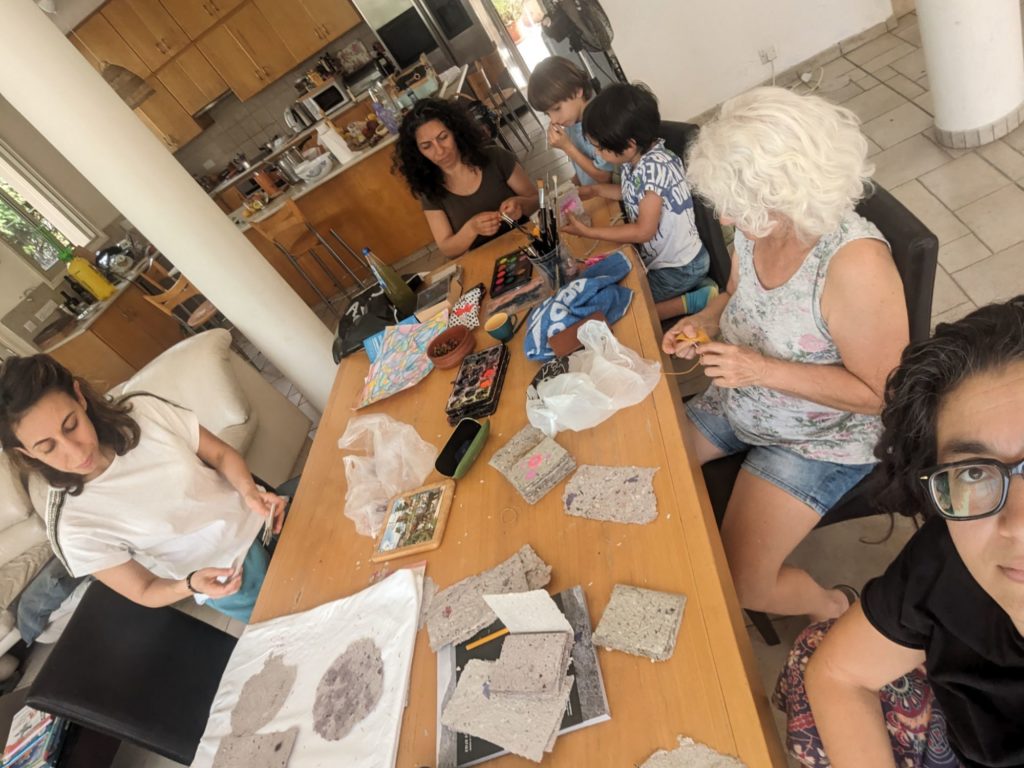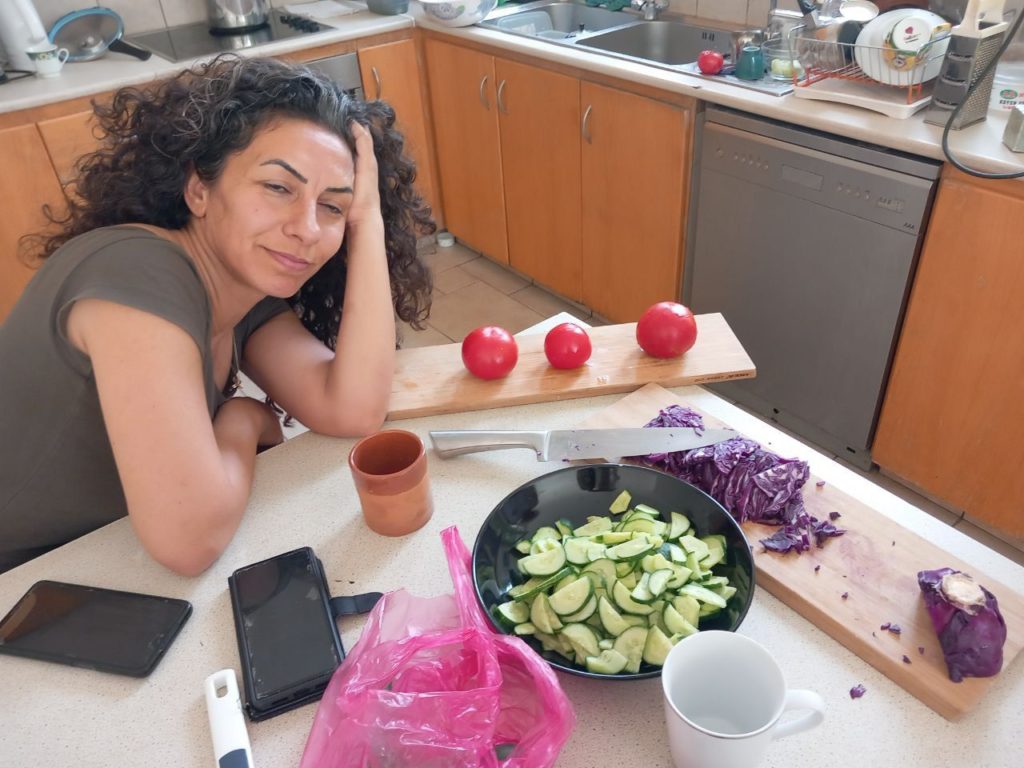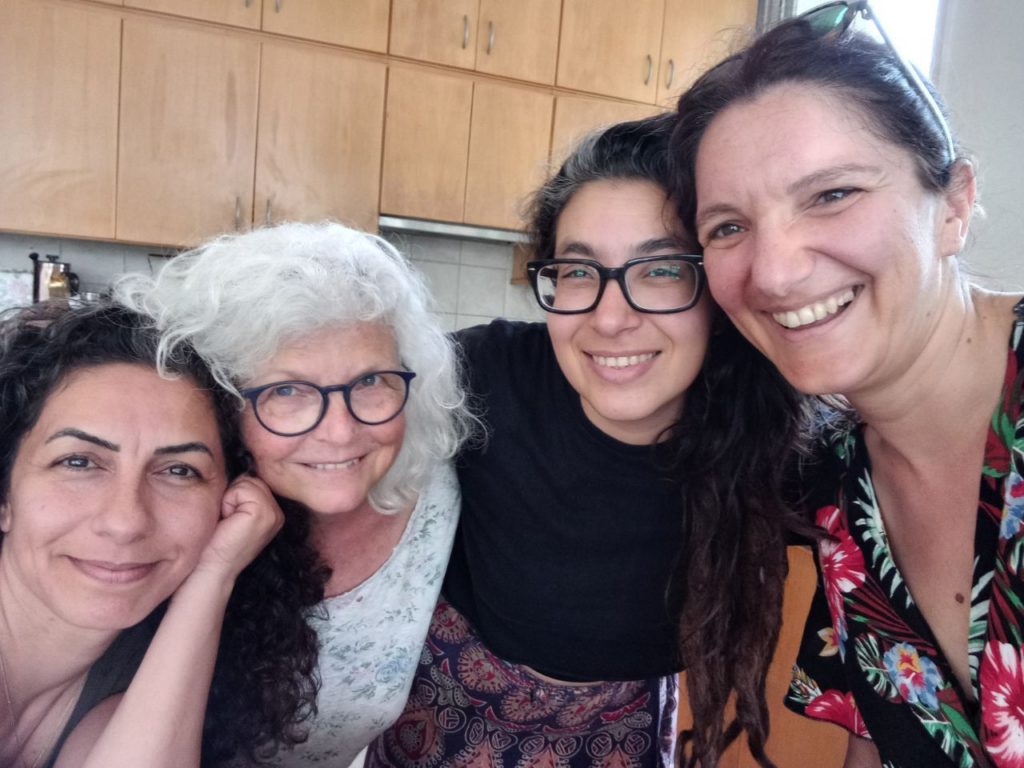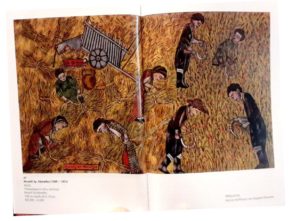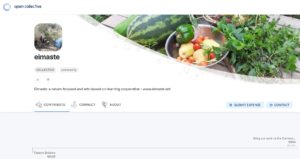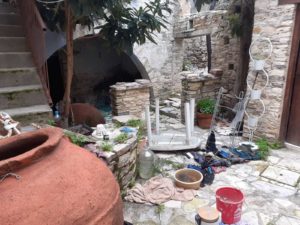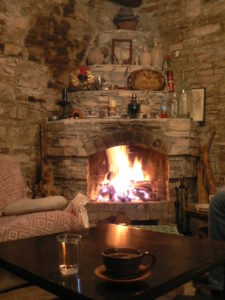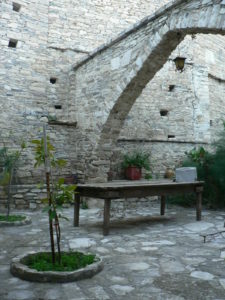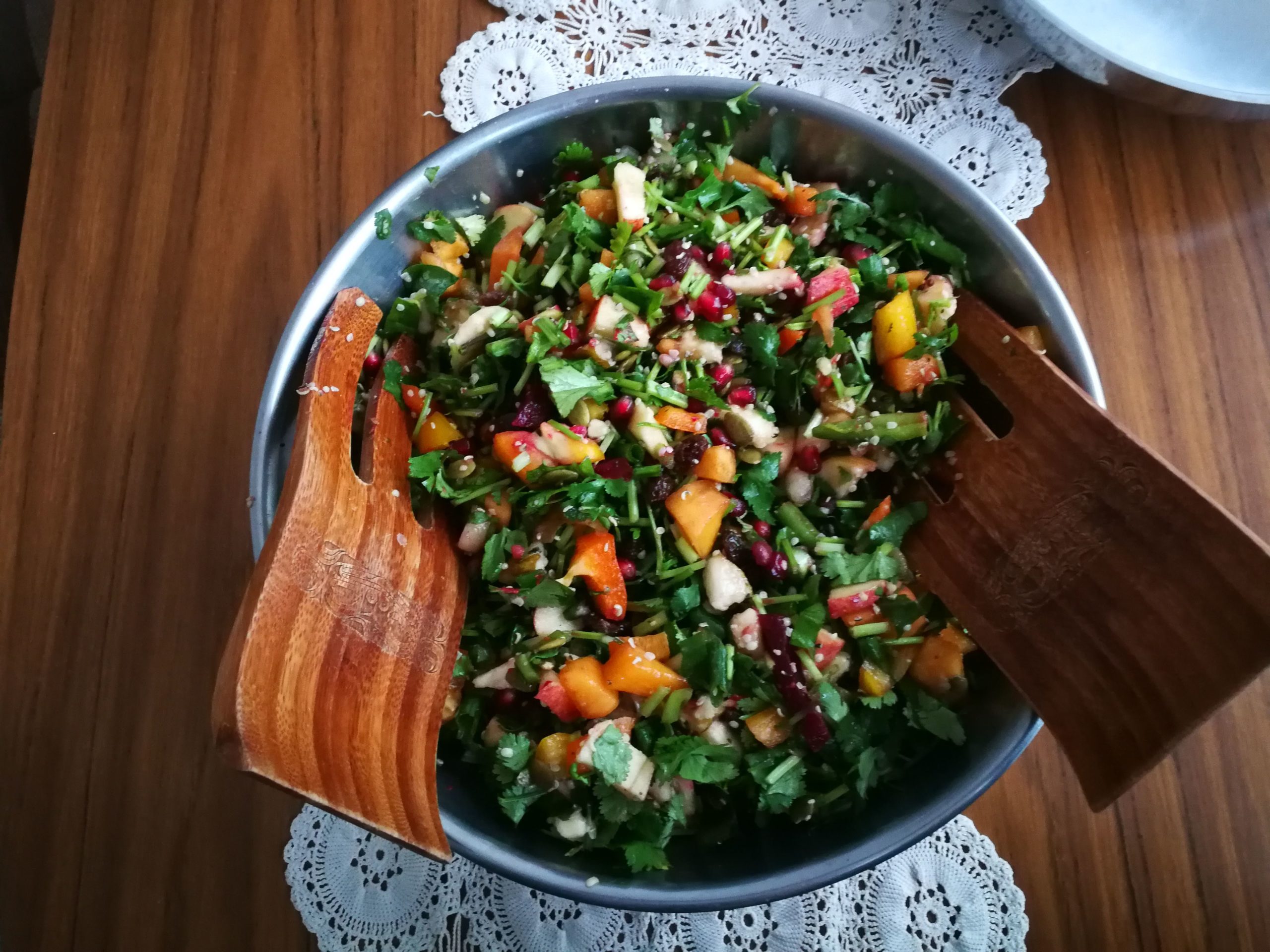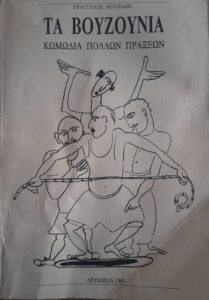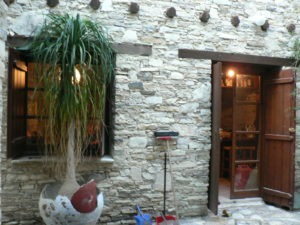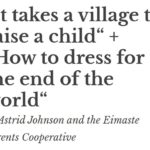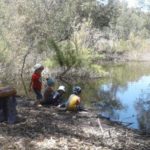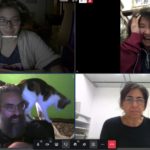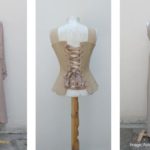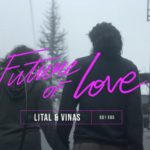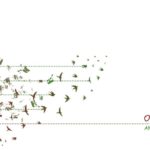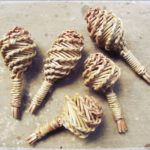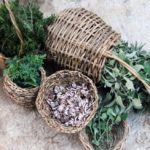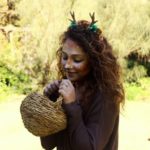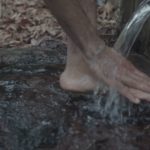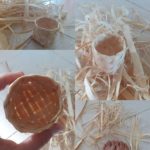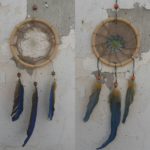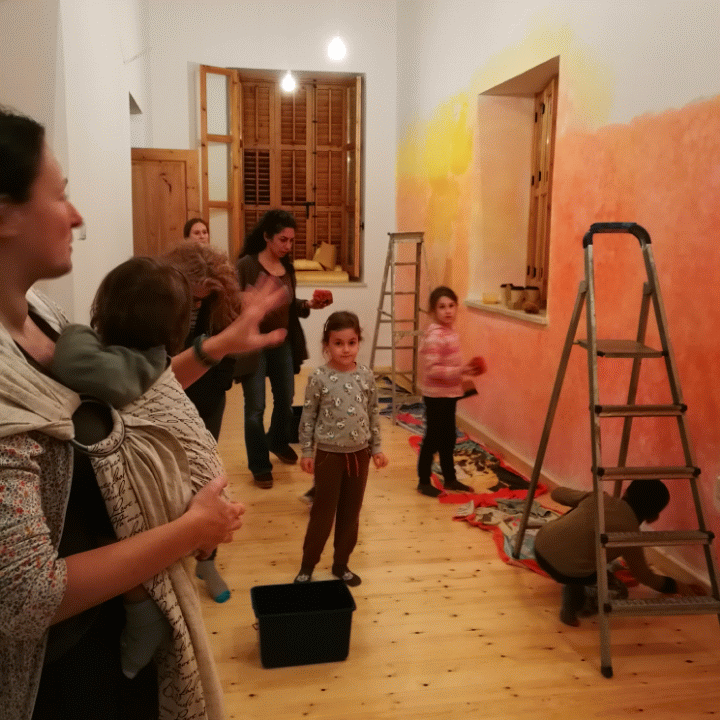[outdated]
It takes a village
The Eimaste Parent Collective and Co-working Space is made up by a group of parents working together and with educators towards mindful, multilingual, play-driven, and natural education for our kids. We are supported by the Stavrodromi Waldorf Education non-profit organisation and its international network of mentors in creating a rhythmic and peaceful environment for our children to feel safe, explore, socialise and learn. While in walking distance to Athalassa park, the layout of our space allows us to be present for our children and for each other, as well as find opportunities to work on laptops or phones nearby, as they play-learn in a technology-free setting, and participate in a daily rhythm where they choose their own developmental tasks, participate in circle-time and the preparation of food, crafts, and meaningful activities.
On weekdays from 8:30-1:30 we are hosting the Free Range Kids Club, ages 0-5 developed with the expert guidance of Austria-based Kindergarten Teacher-Trainer Ericka Weiser. We are blessed to have Eurythmist Marina Zhebina as our lead teacher.
For more information, or to participate in the next Open Day or Parents Evening, contact Chrystalleni: 99586369
_________
Who we are
We are a group of parents cooperating to create an optimal, supportive, and non-commercial learning environment and community for our children and for ourselves. We come together mindfully, under the Waldorf-Steiner ideal that considers education as an art and looks to educate the whole person: head, hands, and heart.
In order to understand and provide what our children need, we are also educating ourselves. Our core team of parents has been awarded funding and support for a Waldorf Teacher and Kindergarten Training Course with international mentors flying in, and our space and programme are developing gradually, with the participation of our children every step of the way.
Co-working Space
The layout of the space allows for a discreet area where parents can work, bring their laptops, or make phone calls. A windowed door allows visual contact with the rest of the house so that parents and children can easily find, but also forget about each other.
Mealtimes and Nutrition Plan
We follow a traditional Waldorf kindergarten basis of whole grains for our weekly meal plan, updated with the best seasonal advantages of a plant-based Mediterranean diet.
– Clark (2017) The Pedagogic Importance of Nutrition.
– Carrie (2008) Steiner’s grain of the day.
Weekly meal plan (draft)
Monday: Rice+Lentils,
Tuesday: Barley (κριθάρι) pilaf with vegetables and sweet potatoes,
Wednesday: Erika’s classic millet with apple,
Thursday: Vegetable soup with rye,
Friday: Oat Muesli.
(At home you can consider including some corn for your Saturdays and wheat on Sundays).
We try for seasonal fruit and vegetables for Snacktime. If you wish to contribute to this do add to the PlayGroup Snack Basket at the beginning of the day. Your contributions will be duly honoured!
It is especially important that the atmosphere around snack and meal time is peaceful and calm. Here are the rules: we and the children help prepare the table, we sing a song of gratitude before we eat. A teacher serves and offers additional servings. Each person focuses on their food and we demonstrate good table manners. We don’t insist that the children eat. We allow those who lose interest to leave the table without running after them. The children may help clean the table and wash the dishes.
Being in the space
Together we seek to create a warm, secure and joyful place for young children to play, discover and be able to focus on building their new skills. We come together in a home environment that echoes the rhythms and atmosphere of a Waldorf Early Childhood programme. We encourage young children to explore and engage in the wonders of the first years of life in group play. We work to create for our children and ourselves a supportive group, to discuss and share child development and parenting issues, and to learn about Waldorf education.
We work together to create safe play spaces that offer children rich opportunities for age-appropriate, self-initiated exploration. Open-ended toys made from natural materials nourish the children’s developing senses, encourage them to employ their creative and imaginative capacities, and further develop their emerging fine-motor skills. Structures that they can move, explore with their whole bodies, crawl over and into—combined with environments that invite movement—help develop their gross-motor coordination.
Through quiet observation we are able to gain greater awareness and trust in our children’s growing interests, motor abilities, social interactions, and problem-solving skills. Our trust strengthens the children’s emerging self-confidence and feeds their growing interest in exploring their world.
Adult tasks and handwork
The best way our children to enjoy learning, is by being with others who are enjoying learning and are working on something they find meaningful. This must be work that is easily interrupted and that they can also participate in, even in some small way, if they like.
We carry our children, in our aura as we go on with our own activities. We maintain our connection with them so that they feel safe. We give the example of focused, meaningful handwork. We avoid adult conversations. We allow silence so that they can begin to express themselves. We avoid hovering, or helicoptering, or following them around. We get down to their level. We participate fully and equally in important work.
We each have our tasks, something we find satisfying or meaningful: knitting, felting, a craft, practicing a gentle instrument, practicing a song, planting, cleaning, helping in the preparation of food, carving, making something useful for the centre or the community. Our tasks are things others can observe, learn how to do themselves, or help with.
Conflict management / Non Violent Communication
“They are children, not Buddhist monks”
(Erika Weiser commenting on the question of how many emotional emergencies we are likely to encounter during a normal day. The answer is ‘many’.)
We accept that the emergence of conflict is a necessary part of life and we value giving our children the opportunity to work things out for themselves and between each other, in a supportive environment. As psychoanalyst and pediatrician D.W. Winnicott said, “If society is in danger, it is not because of man’s aggressiveness, but because of the repression of personal aggressiveness in individuals” (Ehrensaft, 187).
*Crying Policy: Avoid distracting the children, but it’s OK to do so occasionally (everything is flexible). When a conflict involving aggression arises stay calm, move in gently, “I can’t let you do that”, “I don’t want either of you to get hurt”. No blame or shame. No lectures.
*Sharing policy: “Whoever has it, has it until they’re done, but I’ll stay with you while you wait (and it’s OK, I understand if you need to cry for a while, I don’t mind, I still think you’re wonderful).” https://youtu.be/SSAUpMG1pDM
Starter reading list
– Cole, A (201?) No More Hitting: Help with a Child’s Aggressive Behavior
– Parent Participation in the Life of a Waldorf School
– Da Ros, D. A., & Kovach, B. A. (1998). Assisting Toddlers & Caregivers during Conflict Resolutions: Interactions that Promote Socialisation. Childhood Education, 75(1), 25–30. doi:10.1080/00094056.1998.10521971
